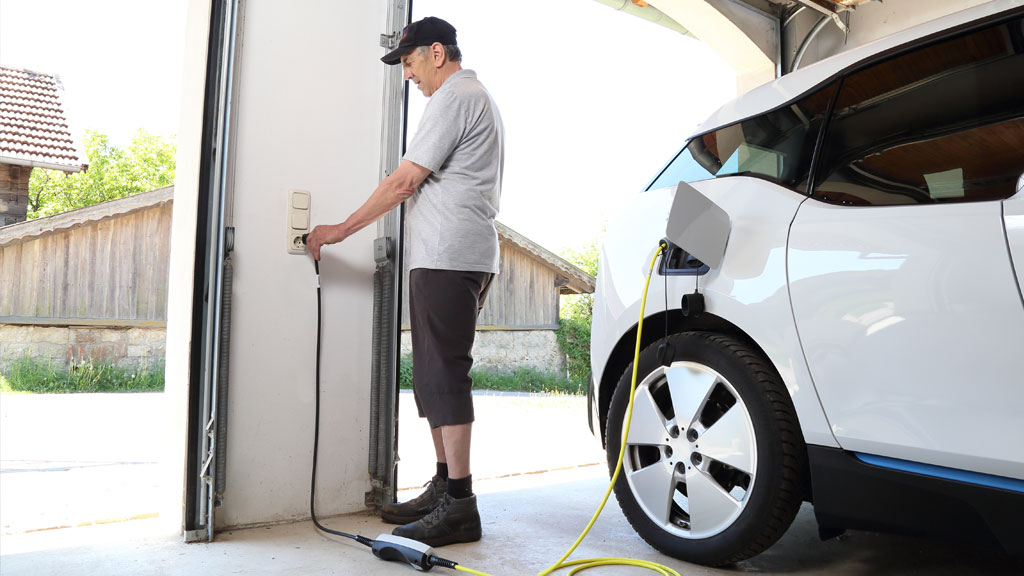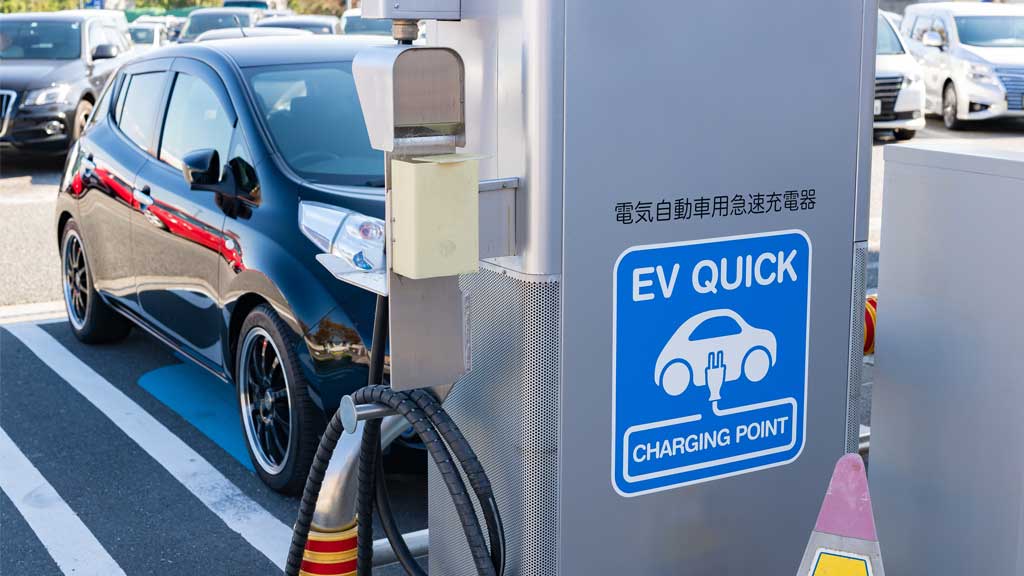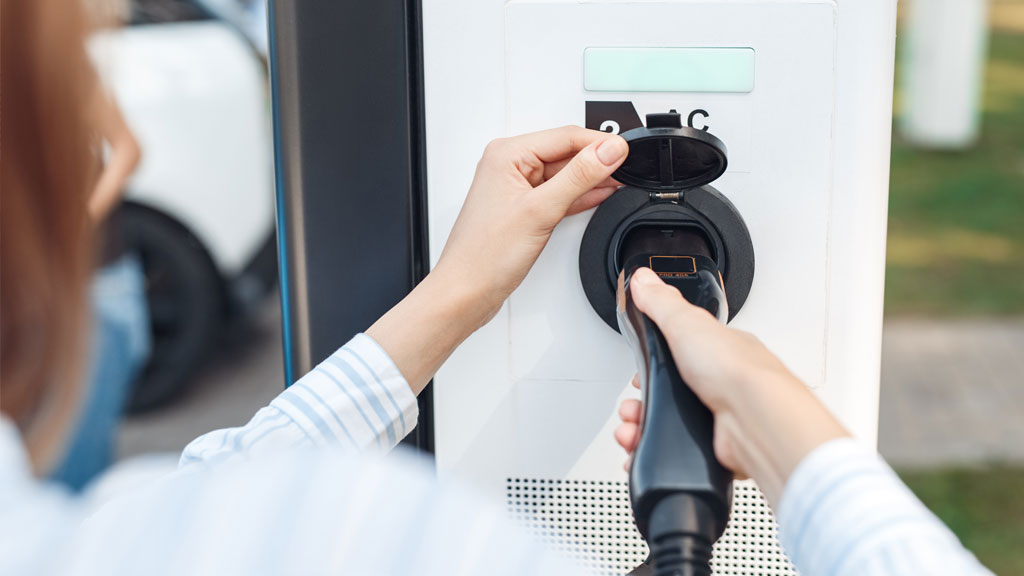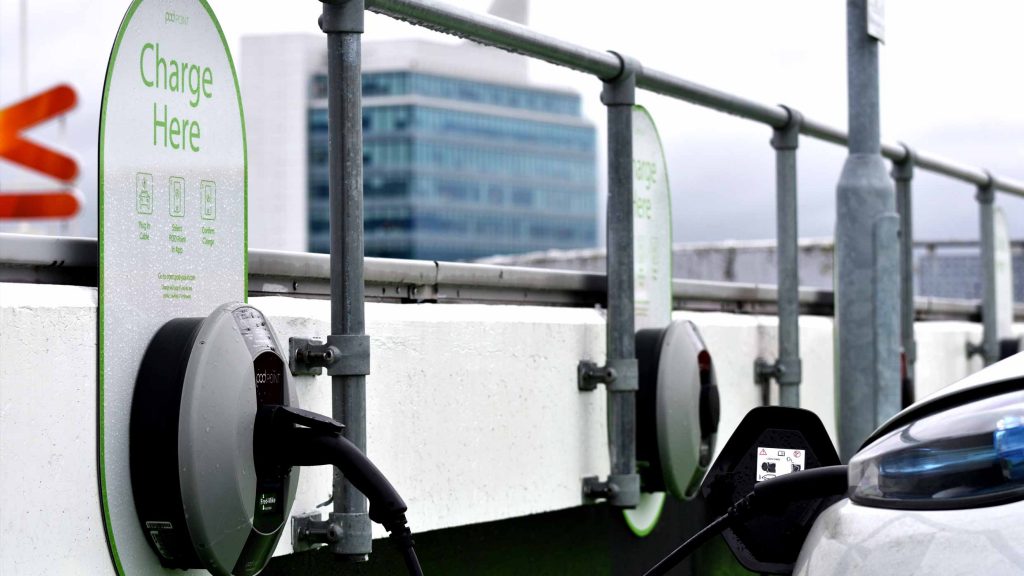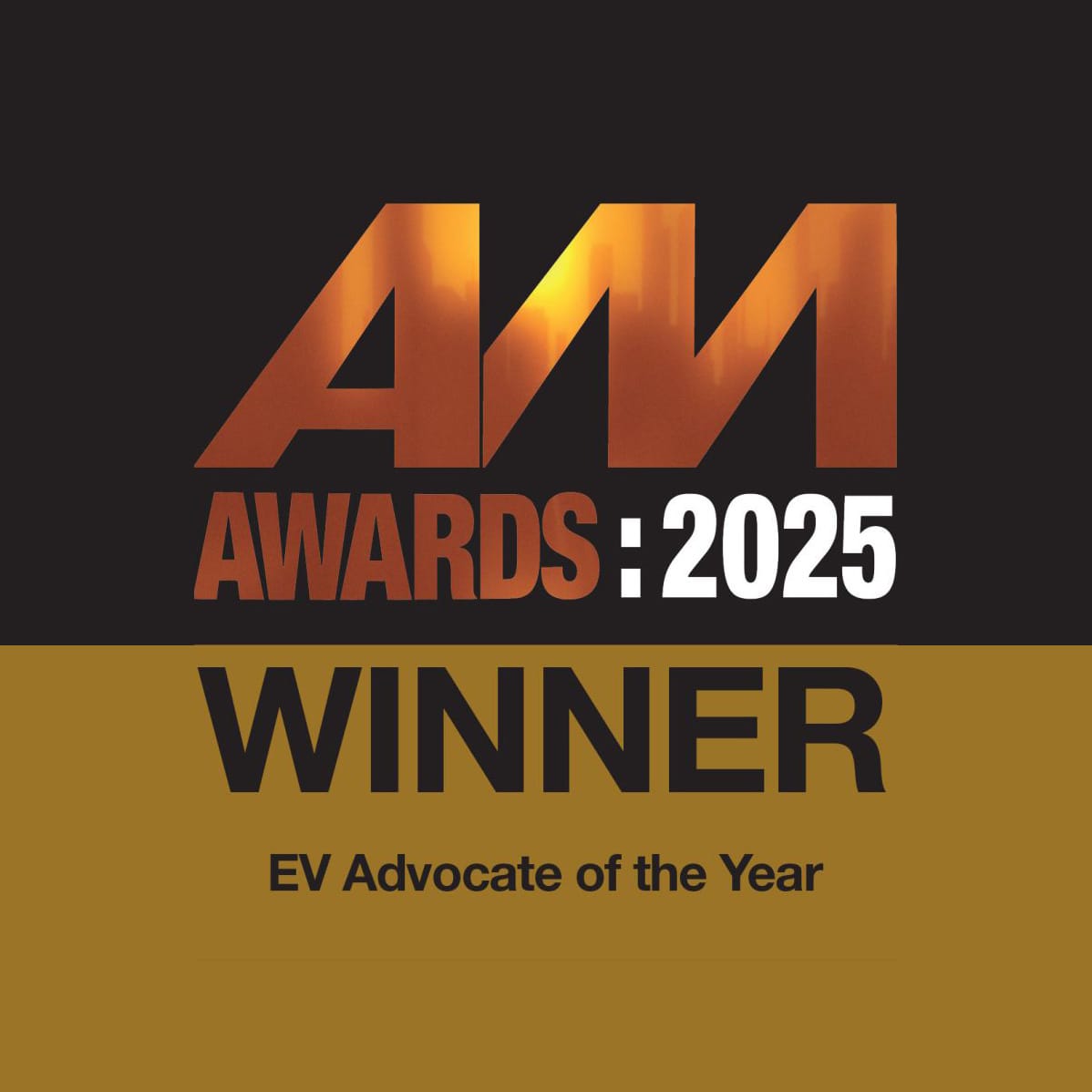You will most likely find that almost all of your charging will take place at home or at work. However, when you go further afield you may need to use the UK’s public charging network.
The good news is that the UK government is making solid plans to support the transition over to electric vehicles throughout the country with a push to see to it that all newly-built homes in coming years will have electric car charge points.
One of the biggest concerns EV owners have is the inability to find a charging station while out and about. While it is, of course, easy to find a petrol station anywhere and everywhere you may go, one may be concerned that electric vehicle charging stations are fewer and further between. However the number of charge points out there is growing all the time, and it isn’t as much of an issue as you may at first think.



